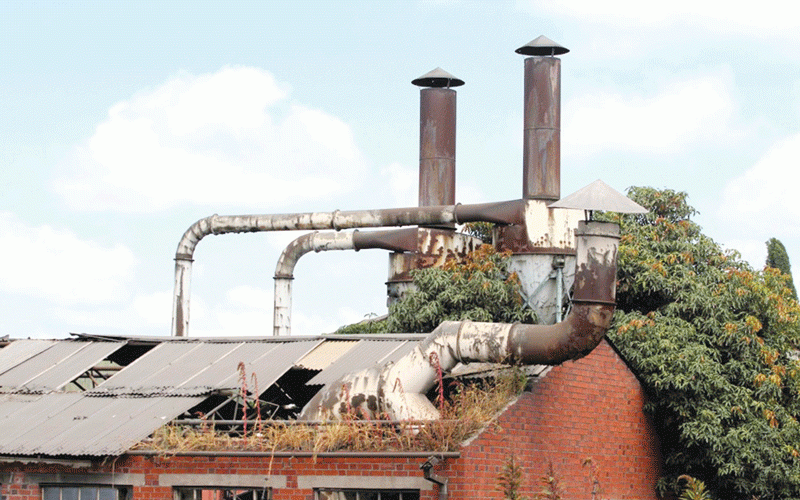
Hungry villagers in Matabeleland North’s Lupane district are resorting to exchanging livestock for maize amid warnings that over two million people, including urbanites across Zimbabwe will need food aid this year.
Barter trade is rife in other food-deficit districts where desperate villagers are said to be trading any commodities and household effects just to have a meal.
According to the US-funded Famine Early Warning System Network (Fewsnet), the El-Nino induced drought has left many Zimbabweans starving.
The situation has been exacerbated by the harsh economic climate as seen in the high cost of living.
In Lupane, desperate villagers under Chief Menyezwa are exchanging their livestock such as goats for mealie-meal.
A village from Dongamuzi, Stephen Mnkandla, appealed to the government to intervene with food aid.
“The social welfare (department) registration exercise has been ongoing, but only six people per village are being considered leaving out a lot of people,” Mnkandla said.
Another villager Nkosiyabo Moyo said he recently traded six goats for bags of mealie meal.
- Zanu PF cllr ‘denies’ CCC members food aid
- Land barons invade Ntabazinduna
- Whose responsibility is preservation of cultural heritage?
- Contango Holdings eye thermal coal market
Keep Reading
“I had no option, but to trade off the goats to feed my family,” Moyo said.
“Our crops are a complete write off. We appeal to non-governmental organisations to chip in with food aid.”
Chief Menyezwa confirmed that his subjects were forced to do butter trade with their livestock in order to survive.
“Almost everyday people come to my home to ask for food,” Menyezwa said.
“Those with goats, they do barter trade at the local shops for mealie meal.”
A goat fetches US$30 while a 10kg bag of mealie meal is being sold for anything between $6.50 to US$8.50 depending on the brand.
“Some villagers transport their goats to Bulawayo for sale or do barter trade,” Menyezwa said.
The traditional leader appealed to the government and other humanitarian agencies to provide food aid.
According to the chief, hungry learners are now skipping lessons.
“I have received reports from schools that they are no longer taking part in inter schools competitions because children are complaining that they would be hungry,” the chief said.
In early March, Public Service, Labour and Social Welfare deputy minister Mercy Dinha said the delivery of food aid to Zimbabweans has been delayed due to lack of funding.
The highest prevalence of food insecurity is projected to be in Matabeleland North, Matabeleland South and Masvingo provinces as well as the northern parts of the country which experienced prolonged dry spells.
Once a net food exporter Zimbabwe has faced food shortages since the late president Robert Mugabe's controversial land reform programme that he launched in 2000.







